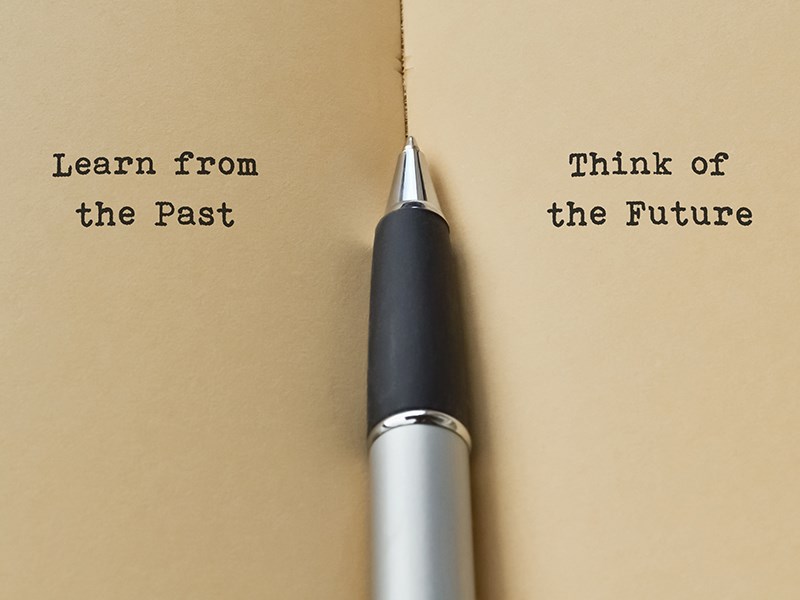As a child, you can be told how harmful it is to touch the burning-hot wood stove, but we only really learn by touching it and feeling the immediate, searing pain. The discomfort of a burn and subsequent healing time turns the lesson from a collection of words to a tangible experience that will, hopefully, inform future decisions when large hot objects are involved.
If we didn’t test boundaries of behaviour and make some occasionally very painful mistakes, we wouldn’t grow and understands things. We have to experience being burned to really know what “hot” even is.
The most valuable lessons in life seem to be a product of our mistakes, missteps and messes, not in the wins.
When dealing with addiction, and addictive behaviour in general, accepting the beneficial value in our mistakes is amplified in intensity. There are, literally, life or death consequences in seeing a mistake as a chance to recalibrate toward our health and recovery, or not.
Too often, making mistakes along the hazard-filled road to recovery are perceived, to the addict and society in general, as sources of shame and failures of character.
At any point, it is impossible to judge what another person is experiencing when they decide to misuse substances. Environmental, genetic predisposition and repeated exposure to substances are three main predictors of an individual’s vulnerability to addiction. There is a new hope that expanding knowledge around the electrochemical neurology of addiction will be the “game changer” in this global sickness.
We never really know what someone else is going through “in their head.” We all come from very different places and experiences, good or bad, and, also, different biological starting points. These things, at some level, inform the choices we make. Simplifying and judging very complex situations only separates us and leads to a deeper individual and societal illness.
Like some of us, I have made really bad decisions in life, self-destructive choices that were made through the impaired, scuffed-up lens of alcohol and isolation. Choices eventually led to total hopelessness and an accident that caused a burst T12 vertebrae in my back that will, literally and figuratively, alter how I take each step forward in life.
However, and this is a big however, with the help of a friend and health-care system that worked, I’ve been able to realize that defeated, desperate time was the best, most influential moment of my life.
The profound realization of how brief and beautiful life can be is the takeaway message the increasingly impatient universe decided to teach me that day. I hope others can find a similar message at a similar time in life.
Fully embracing the lessons of being wrong can be a powerful experience in recovery from addiction and illness. Feelings of humility and vulnerability surface alongside the empowerment that comes with taking control of your health and your world, in general.
The combination of these forces seem to be a place where hope can show up like a surprise visit from a long-lost, but needed and loved friend.
Who thought being so wrong could be the major step in trying to get it right?
Robert Skender is a Powell River freelance writer and health commentator.



